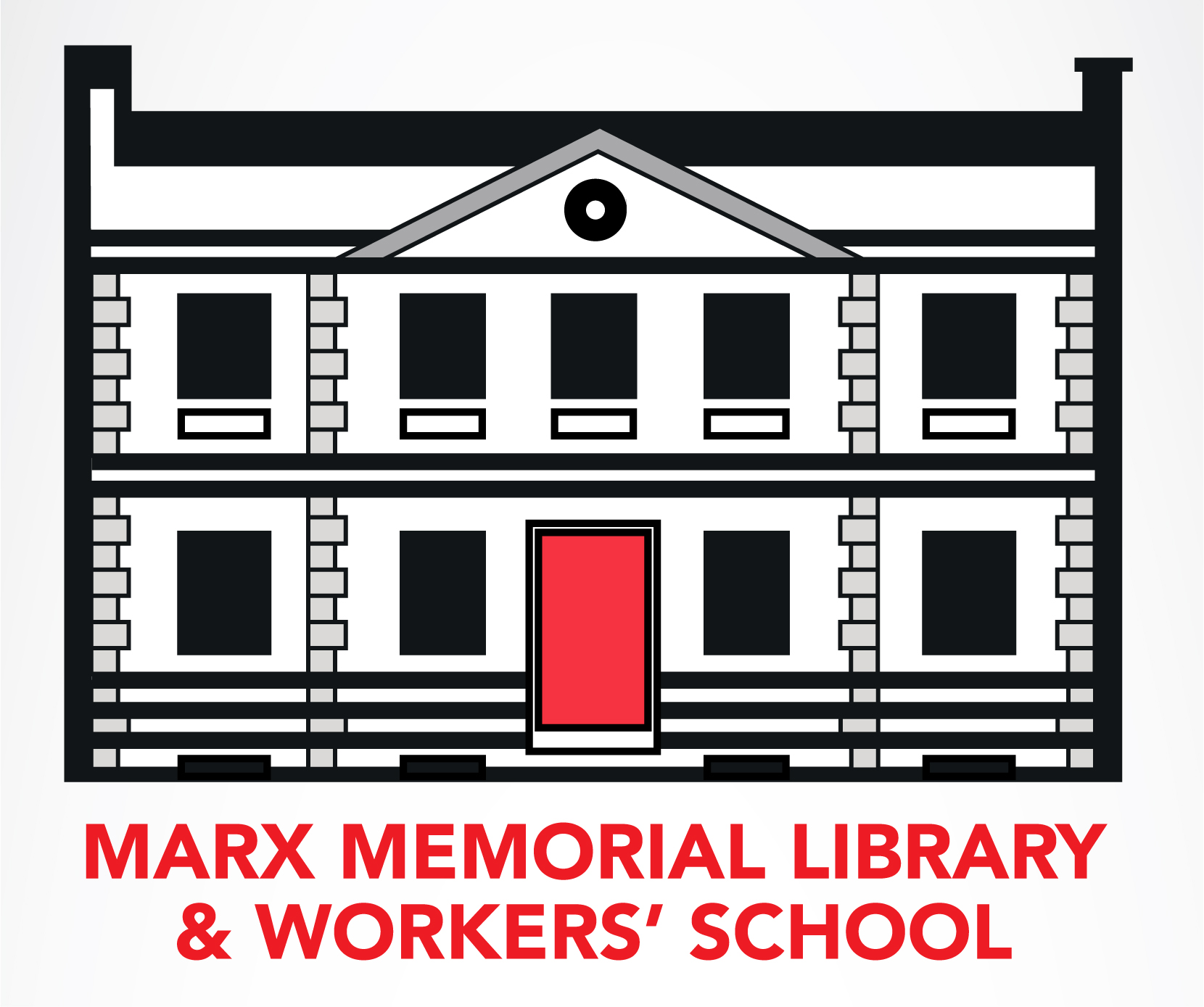You are here
Back to topThe Russian Social Democratic Labour Party held its first Congress in 1903 in Brussels and then moved to London. The proceedings were chaired by Plekhanov. It was clear from the start that there was a split between two factions - the Bolsheviks (led by Lenin) and the Mensheviks (led by Martov). By 1912 the split was permanent.
Lenin was disgusted by the decision of most socialists in Europe to support the war effort. He now devoted his energies to campaign to turn the "imperialist war into a civil war". This included the publication of his book, Imperialism: The Highest Stage of Capitalism. Lenin argued that "the slogan of peace is wrong - the slogan must be, turn the imperialist war into civil war." Lenin believed that a civil war in Russia would bring down the old order and enable the Bolsheviks to gain power.
The Bolsheviks set up their headquarters in the Smolny Institute. The former girls' convent school also housed the Petrograd Soviet. Under pressure from the nobility and industrialists, Alexander Kerensky was persuaded to take decisive action. On 22nd October he ordered the arrest of the Bolshevik Military Revolutionary Committee. The next day he closed down the Bolshevik newspapers and cut off the telephones to the Smolny Institute.A long debate followed at a secret meeting of the Bolshevik Central Committee attended by Lenin and others. The main issue was that Lenin insisted that the Bolsheviks should take action before the elections for the Constituent Assembly.
Leon Trotsky supported Lenin's view and urged the overthrow of the Provisional Government. Lenin agreed, orders were given for the Bolsheviks to occupy the railway stations, the telephone exchange and the State Bank. The following day the Red Guards surrounded the Winter Palace. Inside was most of the country's Cabinet, although Kerensky had managed to escape from the city.
On 26th October, 1917, the All-Russian Congress of Soviets met and handed over power to the Soviet Council of People's Commissars. Lenin was elected chairman and other appointments included Leon Trotsky (Foreign Affairs) Alexei Rykov (Internal Affairs), Anatoli Lunacharsky (Education), Alexandra Kollontai (Social Welfare), Victor Nogin (Trade and Industry), Joseph Stalin (Nationalities), Peter Stuchka(Justice), Vladimir Antonov-Ovseenko (War), Nikolai Krylenko (War Affairs), Pavlo Dybenko (Navy Affairs),Ivan Skvortsov-Stepanov (Finance), Vladimir Milyutin (Agriculture), Ivan Teodorovich (Food), Georgy Oppokov (Justice) and Nikolai Glebov-Avilov (Posts & Telegraphs). As chairman of the Council of People's Commissars, Lenin abolished private ownership of land and began distributing it among the peasants. Banks were nationalized and workers control of factory production was introduced.
Lenin also demobilized the army and announced that he planned to seek an armistice with Germany. In December, 1917, Leon Trotsky led the Russian delegation at Brest-Litovsk that was negotiating with representatives from Germany and Austria. Trotsky had the difficult task of trying to end Russian participation in the First World War without having to grant territory to the Central Powers. By employing delaying tactics Trotsky hoped that socialist revolutions would spread from Russia to Germany and Austria-Hungary before he had to sign the treaty.
After nine weeks of discussions without agreement, the German Army was ordered to resume its advance into Russia. On 3rd March 1918, with German troops moving towards Petrograd, Lenin ordered Trotsky to accept the terms of the Central Powers. The Brest-Litovsk Treaty resulted in the Russians surrendering the Ukraine, Finland, the Baltic provinces, the Caucasus and Poland.
The decision increased opposition to the Bolshevik government and General Lavr Kornilov now organized a Volunteer Army. Over the next few months other groups who opposed the Soviet regime joined the struggle. Eventually these soldiers who fought against the Red Army during the Civil War became known as the Whites.
Those that joined the White Army included the Cadets, who wished to continue the war against the Central Powers. Some Mensheviks and Socialist Revolutionaries that were opposed to the dictatorial powers of the new regime also joined the resistance. Others who opposed the Bolsheviks included landowners who had lost their estates, factory owners who had their property nationalized, devout members of the Russian Orthodox Church who objected to the government's atheism and royalists who wanted to restore the monarchy. The Don novels of Sholokhov are a graphic depiction of the Civil War and the divisions within a Cossack family.
The White Army initially had success in the Ukraine where the Bolsheviks were unpopular. The main resistance came from Nestor Makhno, the leader of an Anarchist army in the area. Leon Trotsky and Vladimir Antonov-Ovseenko, led the Red Army and gradually pro-Bolsheviks took control of the Ukraine. By February, 1918, the Whites held no major areas in Russia but it was not until late 1920 that the Civil War came to an end.
